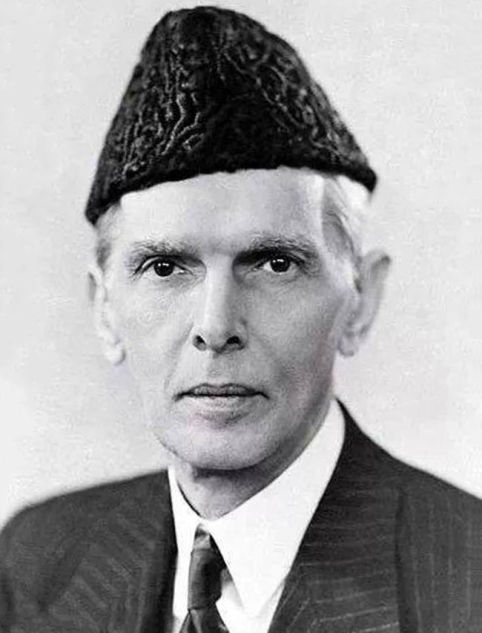On 27 July 1946, the Executive Council of the Muslim League of India unanimously voted to reject the Cabinet Mission plan proposed by the United Kingdom for the independence of India.
The British were pushing for a united Indian state. However, the Muslim League was already campaigning in the Indian provinces under the single slogan "Pakistan!". In the December 1945 elections to the Indian Constitutional Assembly, the league won all the seats reserved for Muslims; in the provincial elections held in January 1946, it won 75 percent of the Muslim vote. The socialist branch of the Indian National Congress, led by Jawaharlal Nehru, insisted on an empowered government capable of industrialising the country and eradicating poverty. However, Muslim leader Muhammad Ali Jinnah felt that the rights of Muslims in a united country would be infringed. After a strong speech by Nehru on 10 July, the Muslim League abandoned plans to support the Cabinet Mission plan.
To achieve an independent Pakistan, Jinnah called on his supporters for "direct action", like during Mahatma Gandhi's civil disobedience campaign, leading to riots and sectarian killings in some regions. On 2 September 1946, an interim government under Nehru would be established. Nonetheless, in 1947, British India would finally split into India and Pakistan. The two independent states would become rivals, with intractable territorial disputes, two bloody wars, and countless conflicts between them.
Source:
Vyacheslav Belokrenitsky, Vladimir Moskalenko, “History of Pakistan. The 20th Century”, Moscow: Kraft+, 2008.
























